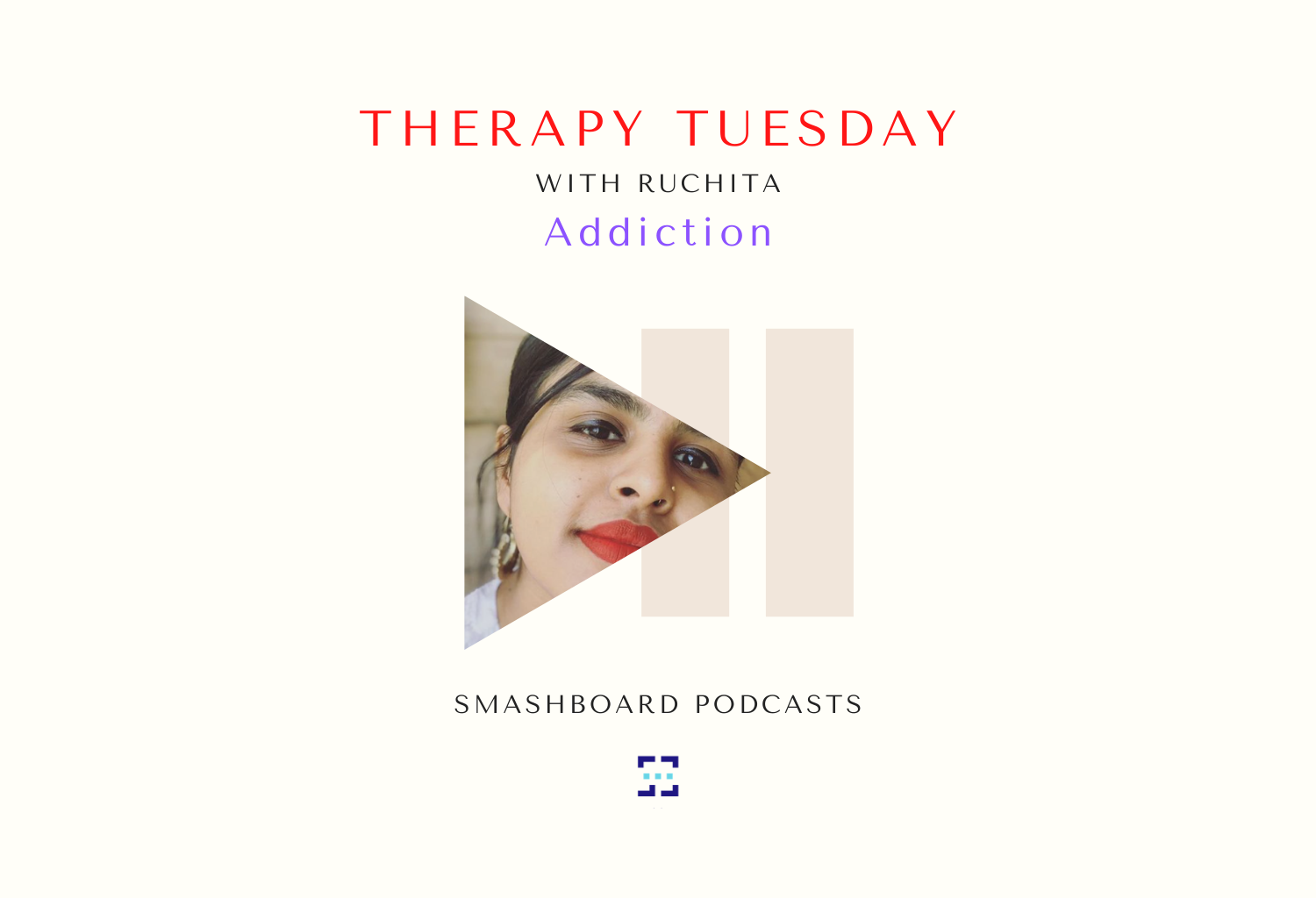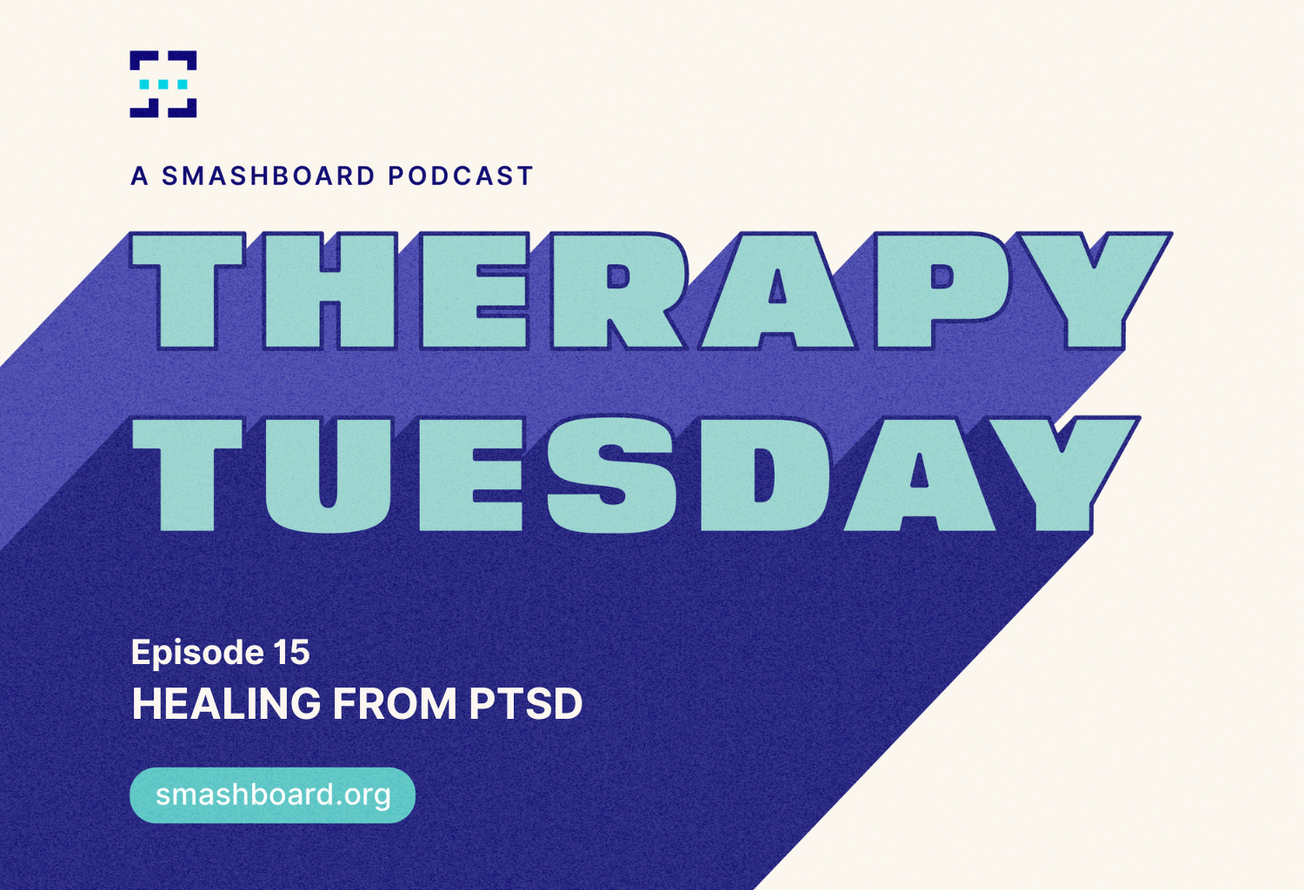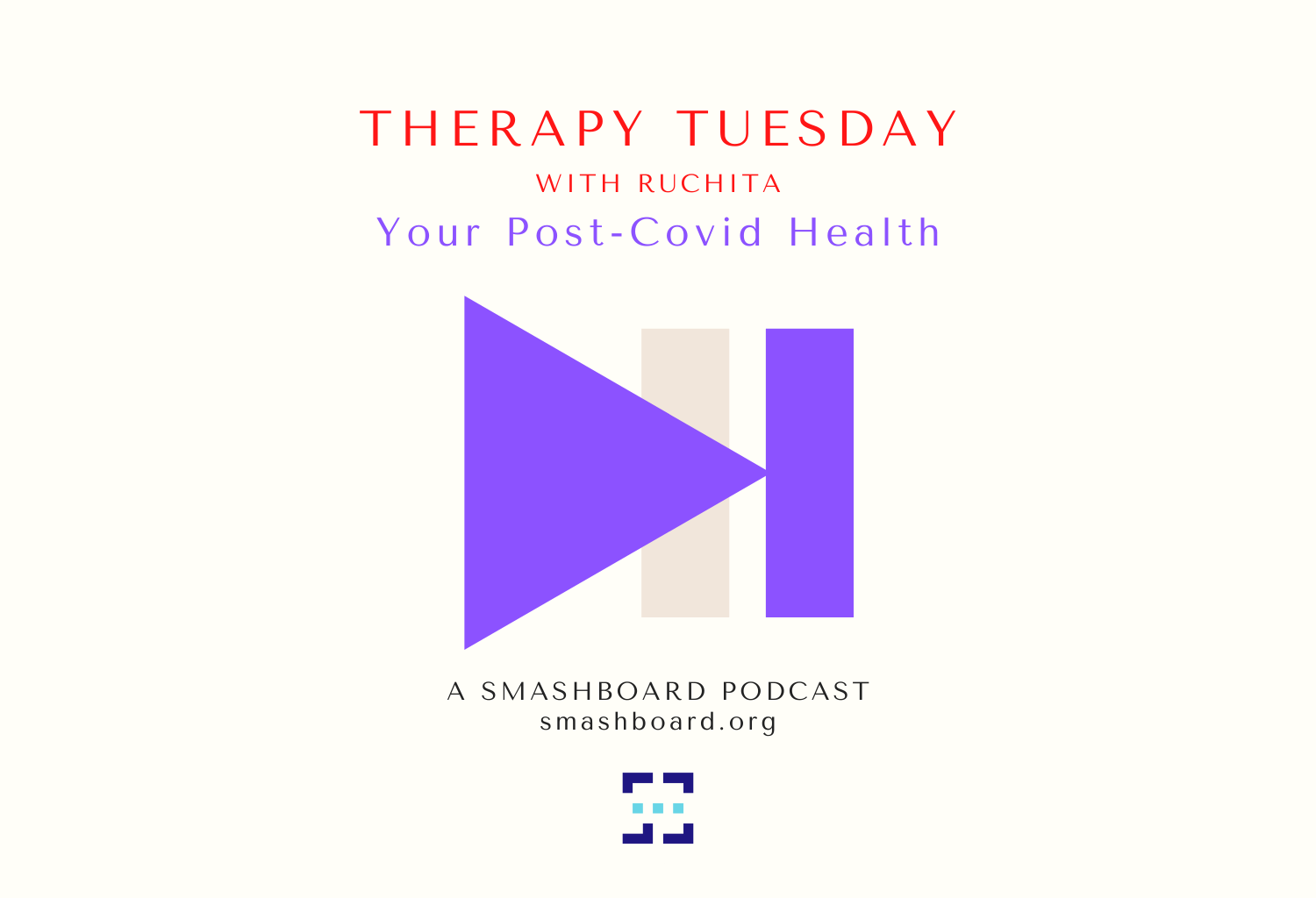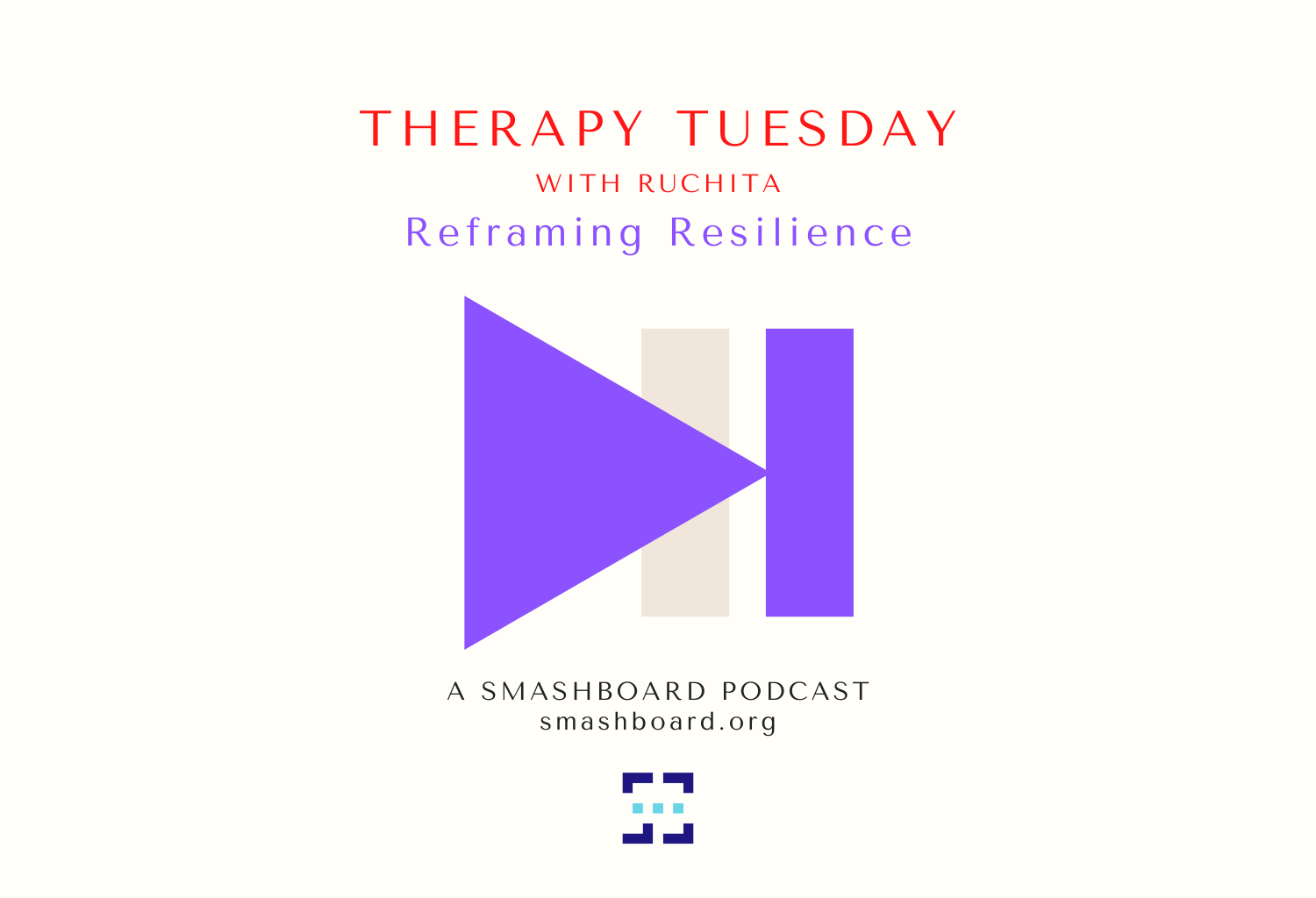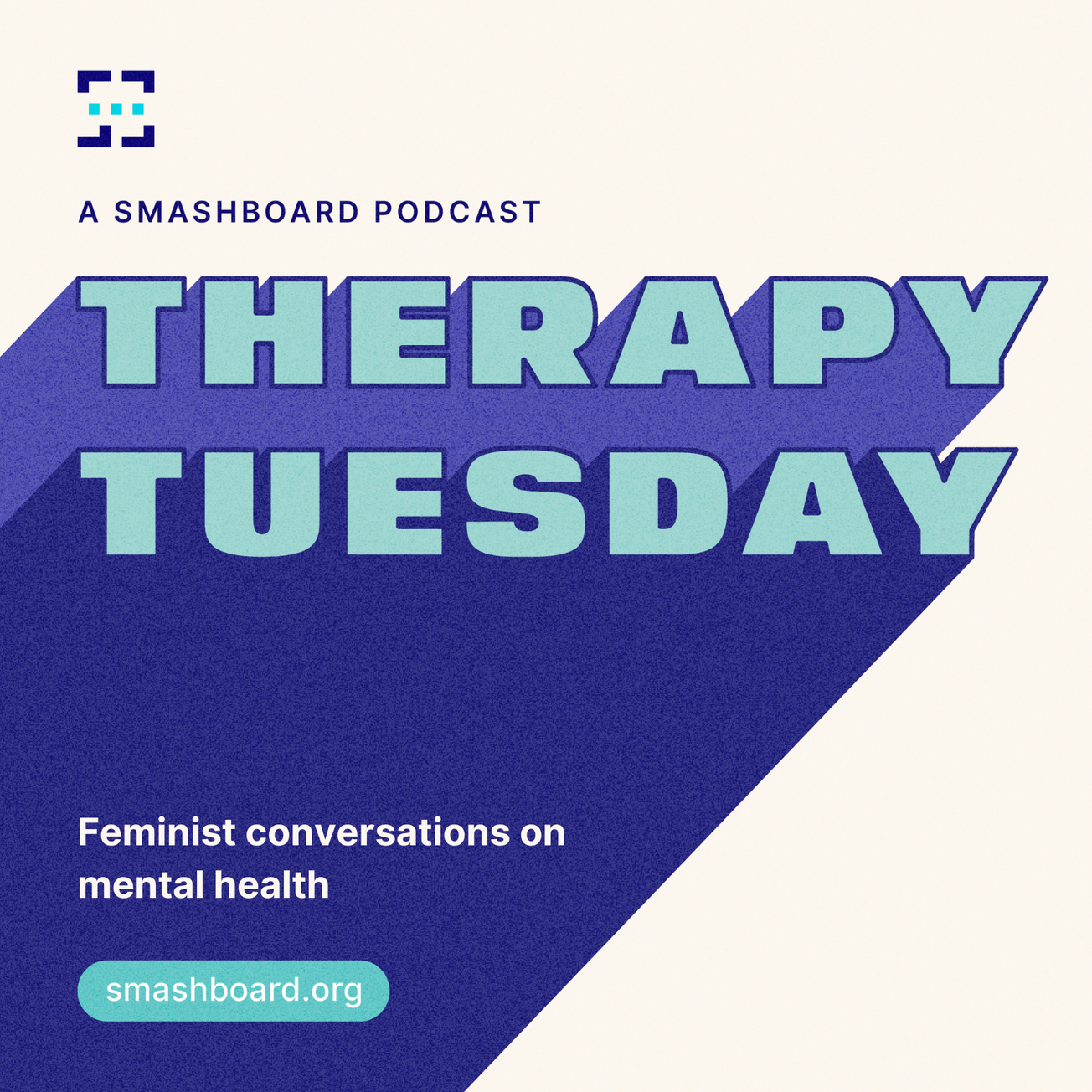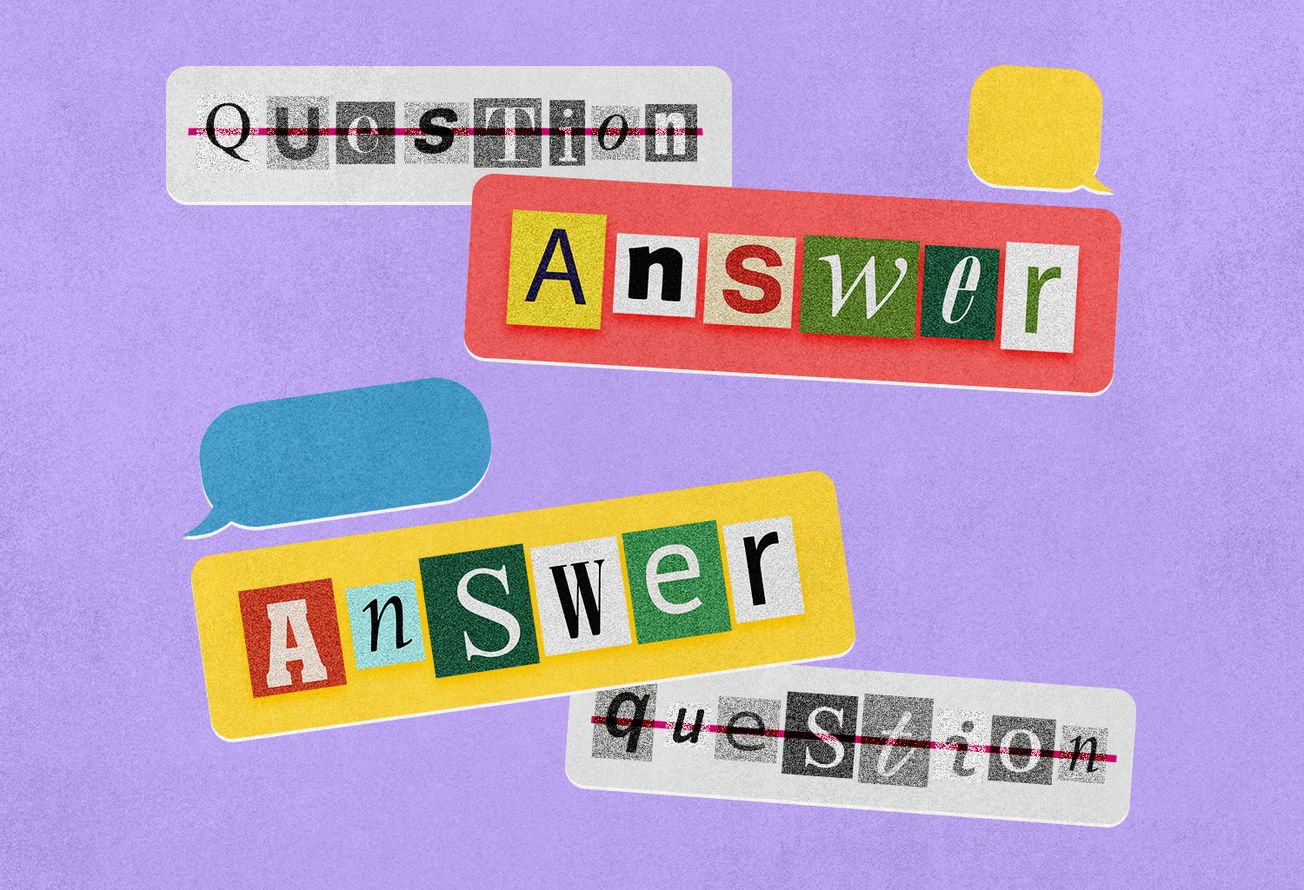Listen to our feminist mental health podcast on your favourite platform. Links here. Please do rate us! And give us a thumbs up/like/star. Have a great Tuesday!
Credits
Host: Ruchita Chandrashekar
Edit: Apurba Jyoti Borah
Audio Mix: Depot Records
Scroll down to the end for the full transcript.
FULL TRANSCRIPT OF THIS EPISODE:
We acknowledge that the current circumstances have made the struggle with addiction much harder and we must focus on destigmatizing and approaching addiction with increased sensitivity.
Hi, this is Therapy Tuesday, Smashboard’s mental health podcast and I am your host Ruchita Chandrashekar. I am a behavioural health researcher and psychologist with a specialisation in trauma and post-violence recovery, and this podcast has been created for people who are looking to have conversations around mental health from a feminist perspective. Remember this podcast aims to be an educational resource and is not a substitute for therapy or treatment. Substance use is often considered as a disordered behavior and the medical model has gone as far to describe it as an illness of the brain. I am not disputing that patterns of addiction aren't complex or that they don't impact personality, memory, executive function or other parts of the brain; but attaching only psychopathology to substance use makes it a very narrow approach for understanding behaviors and for providing treatment. Someone with anxiety may want to step out for a cigarette but so can someone who engages in social smoking and has no psychopathology. In order to destigmatise substance use and minimize the element of shame, we need to explore the why with increased sensitivity. As a young clinician, I was always nervous about working with someone who had substance use issues. My internalized stigma was so deep that I was always anxious about when they'd overdose. I was nervous that someone with alcohol use disorder and talking about suicidal ideation would definitely die by suicide or I would randomly get a call one day that someone with a complicated history with meth had died of an overdose. It's taken me a long while to unlearn the stigma and I'd like to think that the process is on-going. Now there are multiple factors that cause vulnerability to addiction, like a family history of substance use; but here's what happens inside our brains as the substance affects the chemical pathways of pleasure, motivation, memory and reward. As described by the University of Utah’s Genetic Science Learning Center, the drug interacts with neurons – brain cells – to release certain chemicals. This happens chiefly though the dopamine system; however, other neurochemicals, such as epinephrine and GABA, are implicated as well. This results in a pleasure reaction that alters these chemical systems and their behavior. Brain chemistry activity changes to counteract the use of the substance. This contributes to tolerance, which is one of the steps in the path to addiction and we’ll explain that more. Some neurological pathways are physically altered to help the brain adapt to the drug use, which results in the behaviors becoming reflexive. There can be long-term or permanent damage as well. These permanent changes account for the fact that, even long after treatment, individuals who have struggled with drug abuse may still have cravings. Other vulnerabilities that contribute to risk factors for substance use and addiction can be - a family history of mental health issues, trauma, social environments that encourage peer drug use, physical illness that involves the consumption of prescription drugs with addictive properties. Addiction is also seen in behaviors that don't involve drugs - like gambling, stealing, sex, eating, video games and even the internet. The primary factors that continue the cycle of use for drugs and non drugs are impulse control, emotional state and also a lack of psychoeducation about treating it as a concern. There is so much shame and stigma attached to addiction and an immense pressure to be motivated and perfect. This causes people to feel fixated on feelings of failure. Substance dependency also exists because the substances become accessible coping tools for the person struggling. Some substances carry more stigma and shame than others. Think about how casually someone might say that they consumed 5 cups of coffee in a day. Judgment is rare for something like a caffeine addiction v/s someone saying that they're addicted to alcohol or cocaine. Alcohol addiction is often not even treated with seriousness among peer groups because of how socially acceptable it is to drink. It makes it difficult for people to identify that a concern needs to be addressed. Furthermore, in collectivistic societies and cultures, the familial shame associated with anyone struggling to battle mental illness or addiction is big. 'Control yourself, fix it' is commanded in the name of advice but with no empathetic suggestions on how? Truth is, like most mental health concerns, addiction can only be managed and not fixed like you're a broken object. You are not a broken object. Recovery from addiction is possible, but treatment needs to be personalized. It depends on the substance or behavior, the person's history and the tailored approach that could make treatment consistent and sustainable for them. Personally, I am a big advocate for the harm reduction model. The harm reduction model is grounded in compassion and dignity. It hopes to minimize shame and encourage positive change in a collaborative manner. With a harm reduction approach, we hope to tackle the person's relationship with the substance and then gradually work on minimizing use. So for example, if someone is consuming a bottle of whiskey a night, we work on gradually reducing consumption to 3/4th of a bottle, 1/2 a bottle etc. while also building a bank of coping skills to manage withdrawal and other triggers that aggravate increased substance use. Harm reduction is non-coercive and since it takes a realistic approach, the reinforcement of 'I can do this' is often high because we're looking at smaller wins. Psychoeducation is also key because it's important to remember that recovery is not a linear process. Relapses are more common than we recognize, but over a period of time, it is possible to recognize triggers, patterns and supportive factors to be able to manage addiction overall. Given how there can be very serious consequences for loved ones of those with addiction, unlearning shame and stigma is difficult, which is why language is also important in how we communicate to and about someone struggling with addiction. Substance use is a complex, systemic issue and the more we stop demonizing those suffering, the more collaborative we can be in combating the problem. That's all I have for you on this episode of Therapy Tuesday and as always, I hope it left you with something to reflect on. I'll see you soon on another episode!


